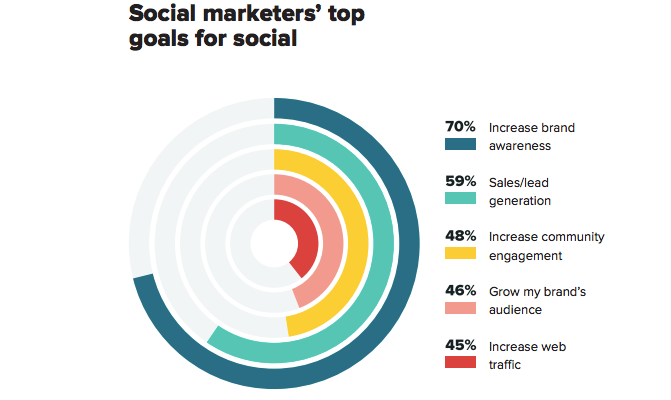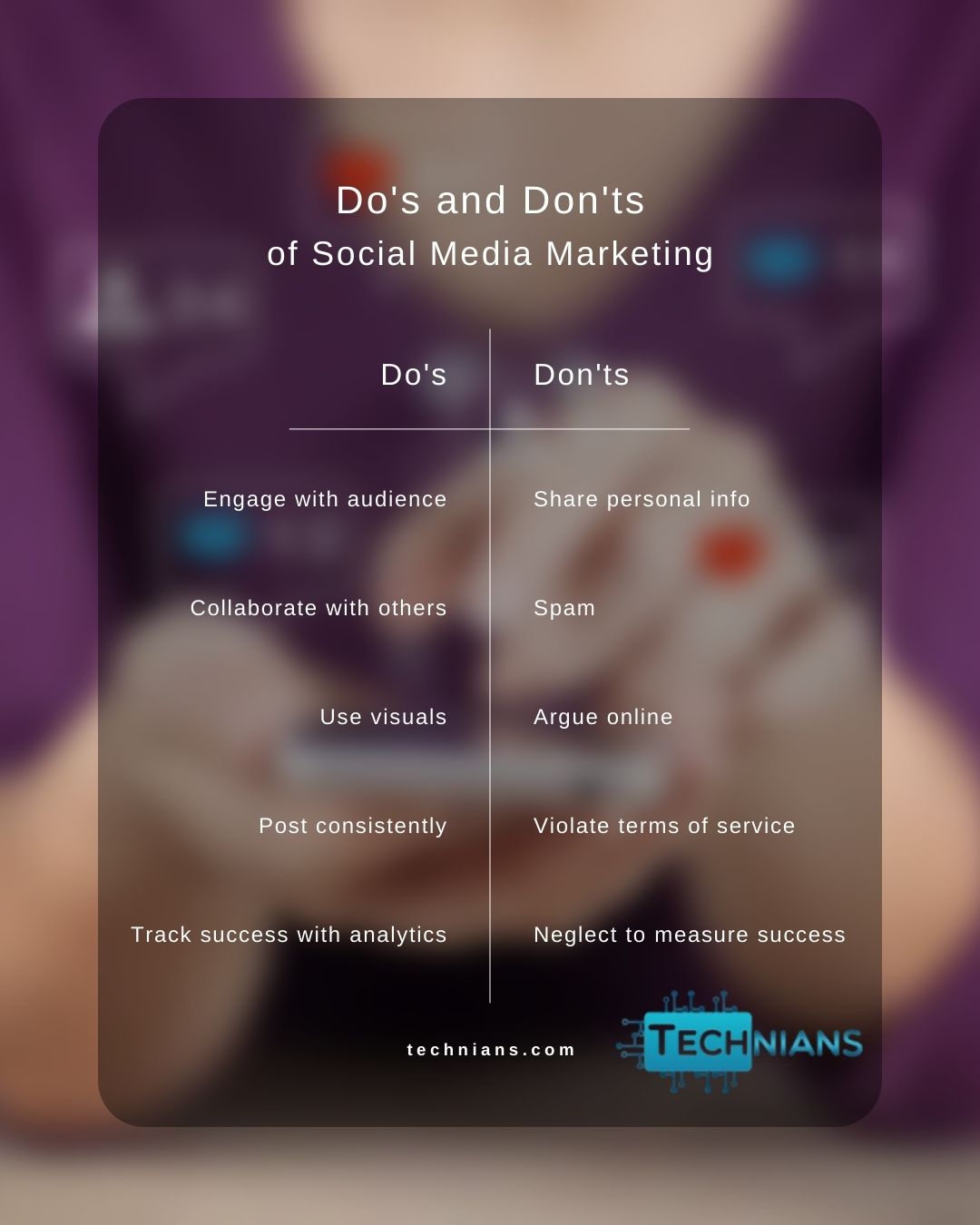 Newsletter Copywriting – Emails That Convert, Not Bore!
Newsletter Copywriting – Emails That Convert, Not Bore!
The Importance of Storytelling in Social Media Marketing
Written by Technians » Updated on: June 17th, 2025

In today's fast-paced digital landscape, capturing and maintaining audience attention is more challenging than ever. Traditional advertising methods no longer suffice, as users crave authentic and engaging content. This is where storytelling becomes a powerful tool in social media marketing. A well-crafted story not only connects emotionally with the audience but also enhances brand recall and loyalty. In this article, we will explore the importance of storytelling in social media marketing and how businesses can leverage it to create a lasting impact.

Why Storytelling Matters in Social Media Marketing
1. Creates Emotional Connections
People remember emotions more than facts. By weaving a compelling story, brands can evoke emotions that resonate with their audience. Whether it's happiness, nostalgia, or inspiration, emotions drive engagement and foster stronger relationships between brands and consumers.
2. Enhances Brand Identity and Recall
A strong brand identity is built through consistent and relatable storytelling. When a brand shares stories that reflect its values, mission, and purpose, it becomes more memorable to the audience. This identity helps differentiate the brand from competitors and establishes trust.
3. Boosts Engagement and Shares
Content that tells a story is more likely to be shared, commented on, and liked. People enjoy sharing stories that inspire, entertain, or educate. Social media algorithms also prioritize engaging content, increasing its visibility to a wider audience.
4. Simplifies Complex Messages
If your brand deals with complex products or services, storytelling can help simplify your message. Instead of bombarding users with technical jargon, create relatable scenarios where your product or service solves a problem, making it easier for customers to understand and connect with your brand.
5. Encourages User-Generated Content (UGC)
When brands share authentic stories, they encourage their customers to do the same. User-generated content, such as testimonials, reviews, and personal experiences, strengthens credibility and fosters a sense of community around the brand.
How to Incorporate Storytelling in Social Media Marketing
1. Know Your Audience
Understanding your target audience is crucial. Conduct research to identify their pain points, interests, and values. Tailor your storytelling approach to align with what resonates most with them.
2. Use Different Content Formats
Social Media Marketing Agency in Mumbai platforms offer various formats to tell stories effectively. Use a mix of:
Videos: Short-form videos, reels, and live sessions for dynamic storytelling.
Images & Carousels: Visual storytelling through infographics, memes, and illustrations.
Captions & Blog Posts: Written stories that provide deeper insights and context.
Polls & Interactive Content: Engaging your audience by involving them in the storytelling process.
3. Create a Brand Narrative
A brand narrative is the foundation of storytelling. It includes your brand’s origin, mission, and values. Share behind-the-scenes content, customer success stories, and milestones to build a strong brand image.
4. Leverage Influencers and Brand Ambassadors
Collaborating with influencers and brand ambassadors allows for authentic storytelling through their personal experiences. Their audience trusts their recommendations, making the story more impactful.
5. Engage in Real-Time Storytelling
Live sessions, Instagram stories, and Twitter threads allow brands to share updates, answer questions, and interact with their audience in real time. This approach humanizes the brand and fosters genuine connections.
6. Incorporate Call-to-Action (CTA) in Your Stories
A compelling story should inspire action. Whether it's encouraging users to comment, share, visit a website, or purchase a product, adding a clear CTA enhances engagement and conversions.
Successful Examples of Storytelling in Social Media
1. Nike – “Just Do It” Campaign
Nike's campaigns often feature real-life stories of athletes overcoming challenges. Their storytelling approach focuses on motivation and perseverance, resonating deeply with their audience.
2. Coca-Cola – “Share a Coke” Campaign
Coca-Cola personalized its products by printing customer names on bottles. This initiative encouraged people to share their experiences on social media, turning customers into brand storytellers.
3. Airbnb – User Experience Stories
Airbnb shares personal travel stories from hosts and guests, highlighting the emotional and adventurous aspects of staying at unique locations. This approach enhances credibility and engagement.
Conclusion
Storytelling in social media marketing agency is more than just a trend—it’s a necessity. Brands that master the art of storytelling can build stronger emotional connections, enhance engagement, and establish long-term loyalty. By incorporating authentic and relatable narratives, businesses can differentiate themselves and create a lasting impact in the digital world. Start crafting your brand’s story today and watch how it transforms your social media presence!
Note: IndiBlogHub features both user-submitted and editorial content. We do not verify third-party contributions. Read our Disclaimer and Privacy Policyfor details.
Copyright © 2019-2025 IndiBlogHub.com. All rights reserved. Hosted on DigitalOcean for fast, reliable performance.













